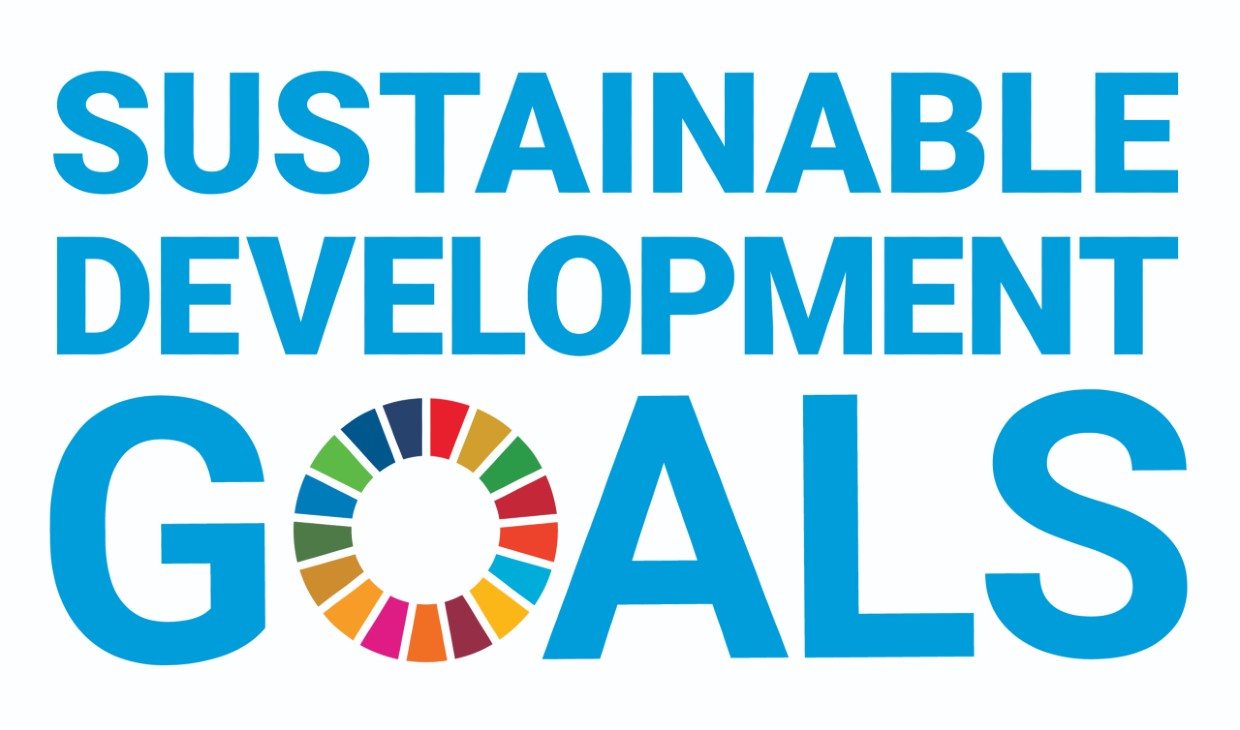Stirling in global top 100 for contribution to Sustainable Development Goals
Stirling in global top 100 for contribution to Sustainable Development Goals
/filters:format(webp)/filters:no_upscale()/prod01/cdn/media/stirling/news/news-centre/2018/09/campus-1920X689.jpg)
The University of Stirling has been ranked in the top 100 institutions in the world for its contribution to meeting ten of the 17 United Nations Sustainable Development Goals (SDGs).
Stirling is top 20 in the world for three of the SDGs, according to the Times Higher Education (THE) Impact Rankings announced today.
The SDGs were adopted in 2015 by all United Nations Member States as an urgent call to action to improve health and education, reduce inequality, and spur economic growth while tackling climate change and working to preserve our oceans and forests.
The THE Impact Rankings is one of the first global exercises to analyse university progress around the SDGs. In a comprehensive review, universities receive a score and a rank for their activities relating to each of the SDGs, reflecting research, learning and teaching, stewardship, and civic engagement.
The University of Stirling submitted data for eleven SDGs and were placed in the top 10% of institutions globally for ten of them.
Principal and Vice-Chancellor of the University of Stirling, Professor Sir Gerry McCormac, said: “We are proud of our strong performance in this year’s THE Impact Rankings and I would like to thank staff and students for their hard work and dedication which has been the cornerstone of our success.
“These results underline our ongoing commitment to contribute to the delivery of the United Nations SDGs by negotiating global challenges and finding sustainable solutions.
“It also signifies the University’s focus on achieving our fundamental ambition to be the difference in the world.”

The THE Impact Rankings show Stirling is 14th in the world for SDG 2 (Zero Hunger), and 20th for SDG 10 (Reduced Inequalities) and SDG 11 (Sustainable Cities and Communities), placing the University in the top 2% for all three globally.
The University is also in the top 100 for other SDGs, including 30th for SDG 15 (Life On Land); 64th for SDG 16 (Peace, Justice and Strong Institutions); 65th for SDG 5 (Gender Equality); 75th for SDG 12 (Responsible Consumption and Production); and 79th for SDG 1 (No Poverty), SDG 13 (Climate Action) and SDG 14 (Life Below Water).
The work of the world-renowned Institute of Aquaculture in the Faculty of Natural Sciences was a key contributor to the high ranking for SDG 2 (Zero Hunger), as well as the range of support offered to students facing financial difficulties.
The University’s efforts to support and advance underrepresented groups, and its policies to tackle discrimination, were drivers of the high ranking among institutions striving to contribute to SDG 10 (Reduced Inequalities).
Stirling’s commitment to agile working, sustainable transport options and affordable housing for students contributed to placing in the top 2% of institutions globally for SDG 11 (Sustainable Cities and Communities).
The results reflected an improvement on the six SDGs the University submitted data for in 2023.
What we are doing to be more sustainable
Find out about our commitments to protecting our environment, social sustainability, reducing our carbon emissions and developing solutions for climate justice.
